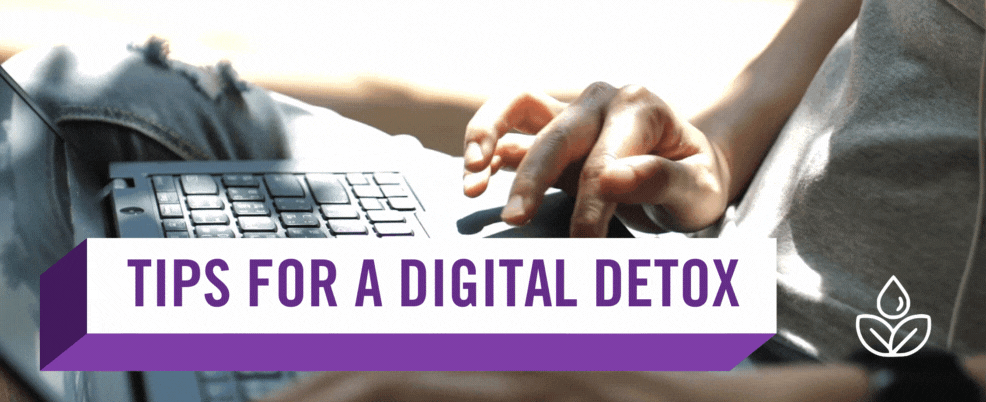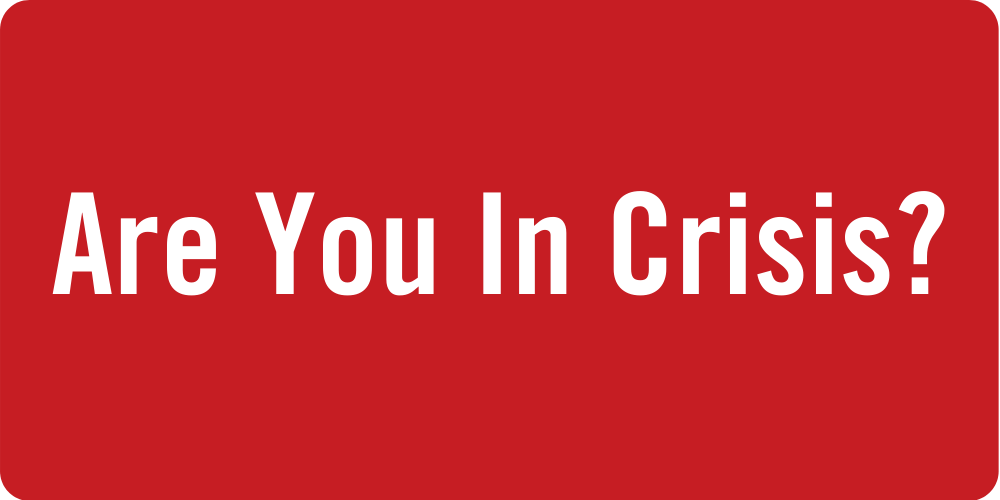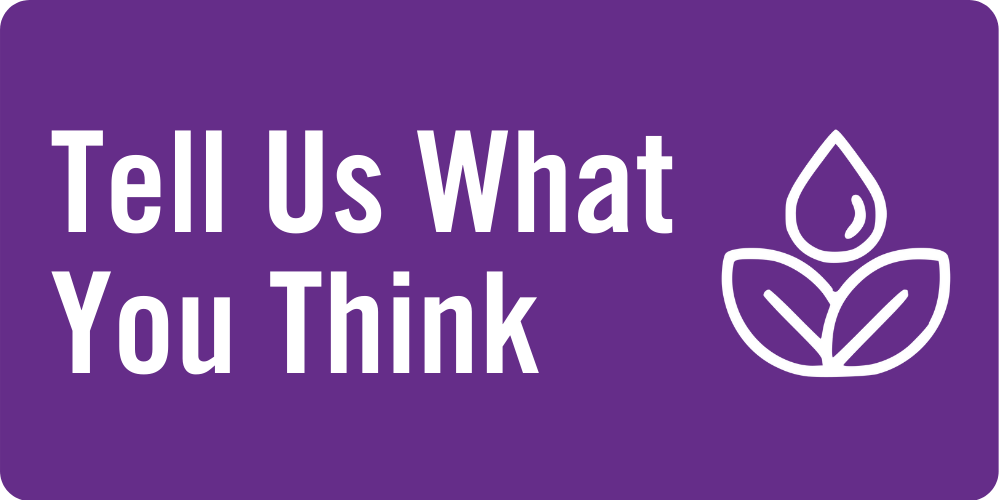Digital Detox
If your daily routine for the past 8 months has consisted of dividing your time between zoom classes, binge-watching Netflix, scrolling your social media feed and playing video games, it might be time for a digital detox. One study conducted by researchers in Sweden found that heavy technology use among young adults was linked to sleeping problems, depressive symptoms, and increased stress levels.
A digital detox doesn’t mean quitting the internet cold turkey, no one would expect that from us right now. It's about being more mindful with how and why you are using screens, setting boundaries and making sure that your feed is a happy, healthy place to scroll.
Manage Your Notifications. Getting constant updates on what’s happening in the world is informative—but it can also be distracting. Change as many notification settings as you can live without. Rather than checking certain apps or websites every time a new story or post hits, set aside a specific time each day when you’ll check your messages or mentions. Then set aside a certain amount of time, around 20 or 30 minutes, to devote to catching up and sending responses.
Schedule Digital Downtime. Schedule screen-free times during the day and put them in your calendar or set an alarm if needed. You can use an app like flora to lock your screen or you can try leaving your devices in another room. You might feel naked at first so make sure you have a tech-free activity to keep you busy.
Spring Clean Your Social Media Following. Over the past year, social media has been essential for maintaining connections with friends and family but research shows that the more time we spend on social media, the worse we feel. So how can we stay on social while also maintaining our mental health? Take a Marie Kondo approach to who you follow- do they bring you joy? If not, feel free to block, mute, unfollow, or delete, until your feed is full of accounts that make you happy.
Use One Screen at a Time. Have you ever found yourself watching a movie, grabbing your phone to send a quick text and then suddenly a half-hour has past and you have totally lost the plot? Our brain is not great at multitasking, and if you get distracted from one takes, it can take several minutes to get your brain focussed back on the original task. Make a habit of only looking at one screen at a time to improve concentration—and, in some cases, enjoyment.
Set Limits. While it isn’t possible to completely disconnect right now, setting limits on when these digital connections are allowed to intrude on your time can be good for your mental well-being. For example, you might want to use your phone to play your Spotify or Apple Music playlist while you are working out, but setting it to airplane mode will make sure that you aren’t distracted by phone calls, texts, other messages, or app notifications during your workout. Setting boundaries on the type and timing of connections you’ll attend to helps ensure that you can enjoy real-world activities completely free of digital diversions.
Rethink using screens before bed. Restricting your mobile device usage immediately before you go to sleep may also be helpful. Studies have found that using media devices was linked to poor sleep quality, inadequate sleep, and excessive daytime sleepiness. Skip laying in bed playing on your phone and instead try reading a book or listening to a podcast before you go to sleep.
-Lindsey Wachter, R.Kin
Health and Wellness Promoter




